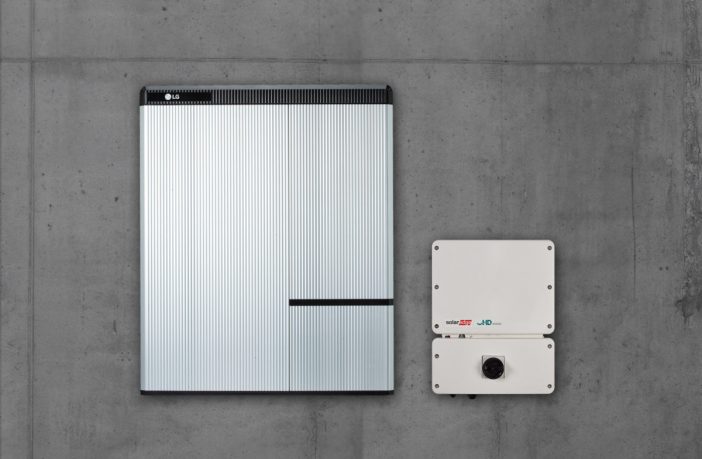- BloombergNEF said in its latest annual study on lithium-ion batteries that the average price of battery packs has fallen this year to $139/kWh, or 14% less than the average of $161/kWh in 2022.
To calculate this average price, BNEF conducted more than 300 surveys among buyers and sellers of lithium-ion batteries for electric passenger vehicles, commercial vehicles, buses, two- and three-wheeled vehicles, and energy storage applications.
Prices vary by sector: Chinese electric buses and commercial vehicles have the lowest prices at $100/kWh. The average price of packs for fully electric passenger cars was $128/kWh.
“However, the story behind this price decrease is somewhat different from previous years,” the analysts said. While the main cause of falling battery prices has historically been technological innovation, this year the price drop is mainly attributed to reduced raw material costs.
Related news: Solis S6 Advance Power Hybrid inverter brings uninterrupted power to your family in South Africa
Prices for key battery metals, especially lithium, have fallen sharply since January, due to significant growth in production capacity in all parts of the battery value chain, from raw materials and components to cells and battery packs.
Although demand continued to increase year on year, the pace of growth in some electric vehicle markets slowed in the second half of the year, mainly due to increased financing costs and economic uncertainty. On the other hand, battery production in China alone exceeded global demand.
As for the future, BNEF’s energy storage team expects prices to closely follow the trajectory of raw material prices. “We project that pack costs will fall to $133/kWh next year in real terms in 2023,” said BNEF. “In the long term, if the learning pace of the previous year is maintained, battery prices will fall below $100 /kWh in 2027.”
BNEF said that local battery manufacturing in regions such as the United States and Europe can drive up prices in the short term due to the price of energy, equipment, land and labor in these regions compared to Asia.
“However, as the industry matures, these costs could end up falling,” it said.
Author: Pilar Sánchez Molina
This article was originally published in pv magazine and is republished with permission.
Power shortage has become a long-term issue in South Africa. There were 205 consecutive days of power outages here in 2022, and this has lasted every day since the beginning of 2023. In this context, Solis launched the Solis S6 Advanced Power Hybrid Inverter on April 25, 2023, with the goal of injecting new energy into South African residential and commercial power and releasing more people from the effects of power outages. The introduction of the new product brought about a strong response in the local market. Image credit: SolisGinlong Solis Technologies (Solis), who are globally known for their high-quality inverter range now offer their S6 Advanced Power Hybrid Inverter to the South African market. The inverter offers much flexibility and is well suited for local challenges with a built-in generator connections and control functions. This means the intelligent inverter can switch between three independent power centres (solar, battery and generator/s) to meet household and commercial energy needs seamlessly. Watch video
Solis South Africa contact details:
- Tel: +27 010 222 0181
- sales@ginlong.com (Sales)
- saservice@solisinverters.com (Service)
- natasha.t@solisinverters.com (Marketing & Sales Support)


















